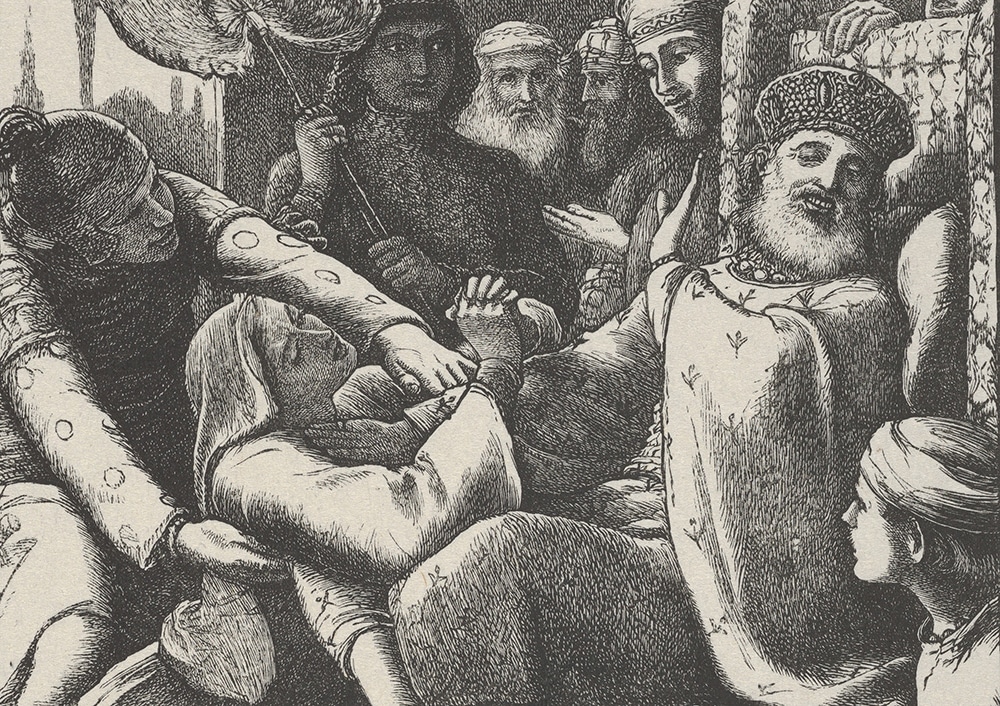
Jesus Christ offers a narrative about human life that is radically against this myth of self-reliance. Instead of relying on our own virtues, the Christian is the one who depends on God alone.
Jesus tells a parable in the Gospel of Luke that underlines the Christian’s total reliance on God. There is an unrighteous judge in a town. He doesn’t care about God. He doesn’t care about the Law. He doesn’t care about anyone. He’s the politician who pays more attention to polls and to generating sound bites.
Yet there is a widow in a town, asking for a judgment against an adversary. We don’t know the precise cause of the complaint. But we do know that she’s a widow. As a widow, she’s entirely dependent on the merciful justice of her neighbors. If there’s an injustice against her, it would do harm to her. She’s broke; there’s nothing in the bank.
| 29th Sunday in Ordinary Time – October 20 |
|---|
|
Ex 17:8-13
Ps 121:1-2, 3-4, 5-6, 7-8
2 Tm 3:14–4:2
Lk 18:1-8
|
The judge doesn’t respond to the widow, because she’s a widow. Remember, he does not fear God including Israel’s obliging law to care for the widow and the orphan. He renders her justice because she is persistent. She is reliant on the judge and doesn’t give up.
Jesus sees in this widow’s attitude the proper disposition each of us should take before God. God, of course, is not an unrighteous judge. God is the most righteous of all judges. God is the one who brought Israel out of slavery in Egypt, who brought Israel into the promised land. God is the one who gives out of love.
And yet few of us possess the attitude of the widow. That’s the prophetic quality to this parable in Luke. If a widow can be persistent with an unjust judge, why are we so nonpersistent relative to the mercy of God? Why are we so quick to stop praying, to turn to the virtues of self-reliance rather than obediential fidelity to Jesus Christ?
The entire Church — baptized lay Catholics and clerics alike — can fall into this myth of self-reliance.
For one, we can rely more on communication experts and the creation of bureaucracy rather than on divine favor. The Church, as retired Pope Benedict often pointed out, is not an NGO. It is a communion of love, the space where divine favor is offered through the sacramental life. We develop workshops and training sessions. But we forget to raise our hands before the living God, adoring the source of all goodness.
In addition, for many of us, we can forget that Catholic existence is first a gift offered from God. It is not something that we earned, lifting ourselves up by our bootstraps toward faith. Faith always comes as a gift, for every human being must rely entirely on God.
So it’s time that the Church and each member of Christ’s body turn away from the myth of self-reliance.
Instead, let us raise our hands in praise before God, thanking Our Lord for the gift of faith, hope and love. Let our prayer be persistent, even demanding.
For if an unjust judge will listen to a widow, what will the risen Lord do for his baptized sons and daughters?
Timothy P. O’Malley, Ph.D., is the director of education at the McGrath Institute for Church Life at the University of Notre Dame.





